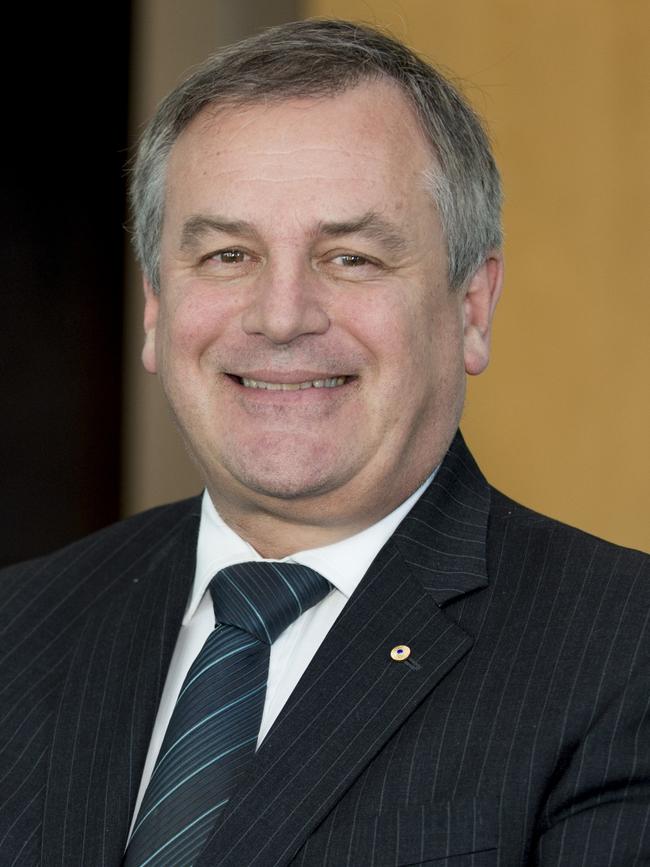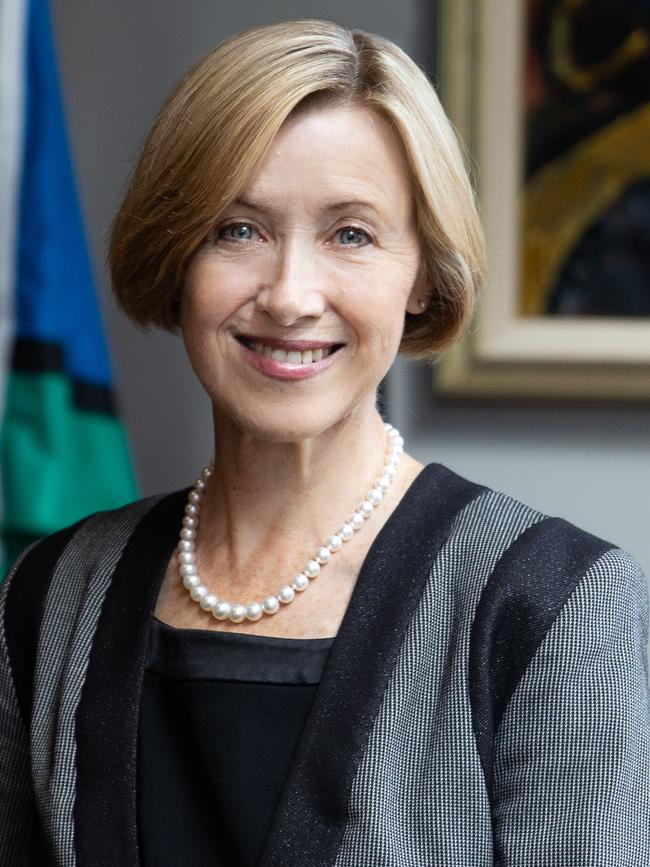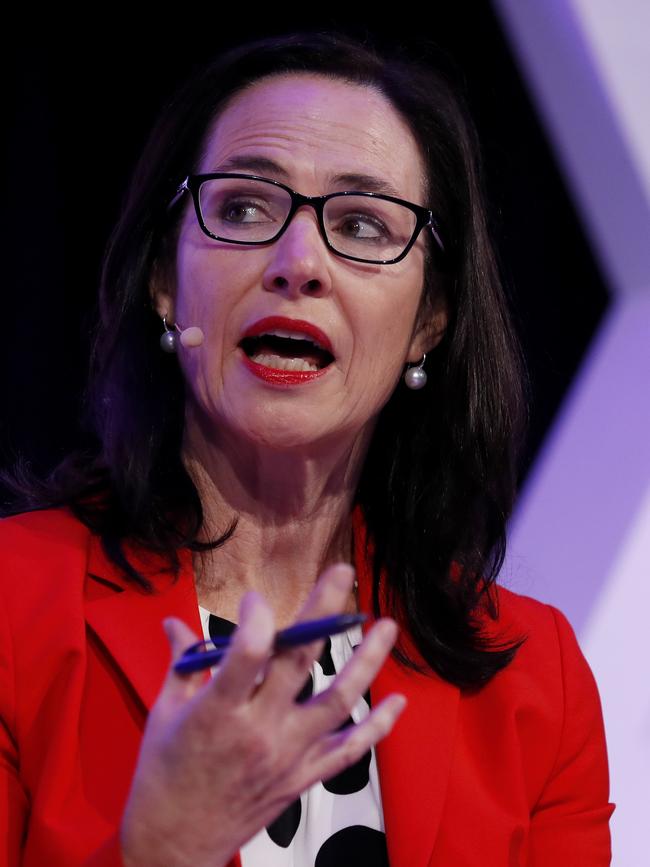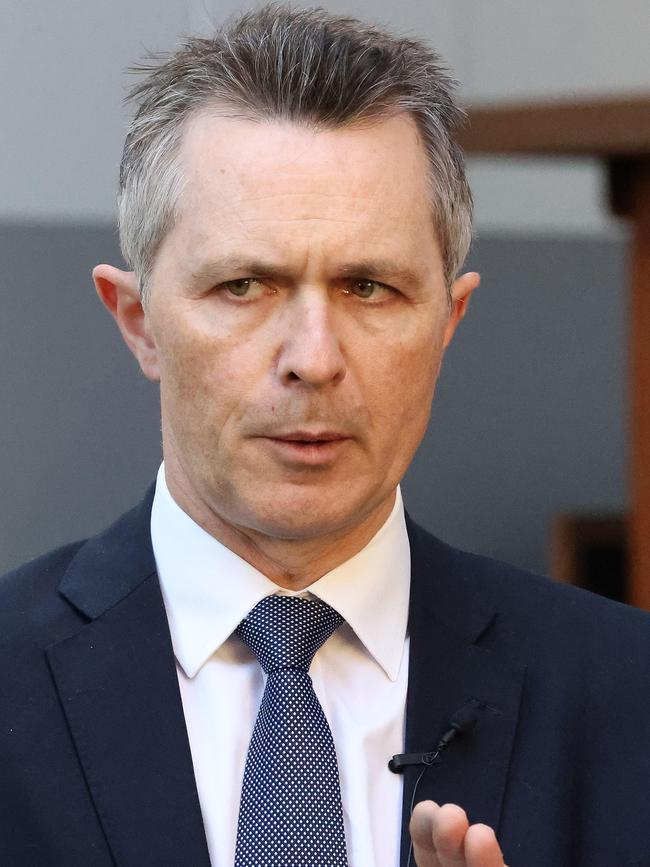Unis at war over plan to tax $10bn worth of foreign student fees
A tax on $10bn worth of foreign student fees is on the cards in Labor’s once-in-a-generation overhaul of the nation’s universities.

A tax on nearly $10bn a year of foreign student fees is being actively considered by experts drawing up Labor’s once-in-a-generation overhaul of the nation’s universities, sparking a war between the vice-chancellors who gain and lose from the plan.
The plan is championed by two vice-chancellors, Andrew Parfitt of the University of Technology Sydney and Alex Zelinsky of the University of Newcastle, who say revenue earned from a levy on international student fees should be redistributed to benefit all universities.
At the moment about half the money earned by universities from international students goes to the big five – the universities of Sydney, Melbourne, NSW and Queensland, plus Monash University – which dominate the market.
The University of Sydney is the major earner, banking $1.4bn from foreign students last year.


Prof Parfitt said that in the tight fiscal environment, an international student levy was a way for universities to make a contribution to the higher education sector’s needs.
“You can’t keep saying to the government, ‘Give us more money’,” he said.
Prof Zelinsky said that, at the moment, the benefits from educating international students were not fairly distributed between big city and regional universities and the levy would help even up resources.
“I think it's a great idea. I would welcome consideration of the levy,” he said.

Charles Sturt University vice-chancellor Renee Leon said her university was open to exploring a levy because regional universities face challenges in attracting international students, but its impact needed to be properly assessed.
It should not be considered in isolation, she added.
However, the Group of Eight universities – which represents the big five international student earners, as well as ANU and the universities of Adelaide and WA – condemned the plan as a “new tax on high-achieving universities”.
Go8 CEO Vicki Thomson said that universities were not-for-profit organisations and the proposal “runs the risk of undermining the quality and international performance of Aust-ralia’s university sector”.
Ms Thomson said the tax was the wrong approach to reforming university funding. “The existing funding model is broken – government does not fund the full cost of research and we need to look at fixing the funding model, and not simply rob Peter to pay Paul,” she said.


The government’s university review panel, chaired by former NSW chief scientist Mary O’Kane, has spent time considering the pros and cons of the international student levy, and is likely to include it in its first report due to be released by Education Minister Jason Clare on July 19.
Mr Clare asked for “bold and innovative thinking” in the review, which he calls a Universities Accord, and next month’s interim report is expected to canvas a range of ideas which will be refined for the review’s final report at the end of the year.
The proposed levy has not been designed in detail, but the University of Technology Sydney’s submission to the review suggested it should apply when a university’s international student fee revenue reached a certain threshold.
Options for the levy include a proportional tax on fees, a set payment per student, or a per student tax on the difference between the domestic student fee and the much higher international student fee for a particular course.
Prof Parfitt urged the government to commit to giving universities extra funding to match the amount raised by the levy.
He said that, as well as meeting direct university needs, the levy plus matching government funding could be invested in a future fund to offset risks, such as another pandemic or a loss of international students.

Prof Zelinsky said he did not believe the levy would not harm the international student market.
“Every other export industry in Australia is taxed,” he said.
Universities are sharply divided on the levy.
The NSW Vice Chancellors Committee – representing 15 universities – supported the levy in the first draft of its submission to the government’s review, but it was dropped from the final version.
Luke Sheehy, executive director of the ATN Universities group that represents both the University of Technology Sydney and the University of Newcastle, urged universities to pause discussion for the moment.
“We should not be afraid of big reform ideas but let’s not jump the gun,” he said.
“Let’s wait and see what is actually in the interim report and then we should have an appropriate debate.”
Phil Honeywood, CEO of the International Education Association of Australia, said any proposal for a levy needed much more investigation.
“Potential issues which need to be factored in include equitable distribution, whether it would merely replace existing government funding, and potential harm to Australia’s competitive advantage (in international education),” he said.






To join the conversation, please log in. Don't have an account? Register
Join the conversation, you are commenting as Logout